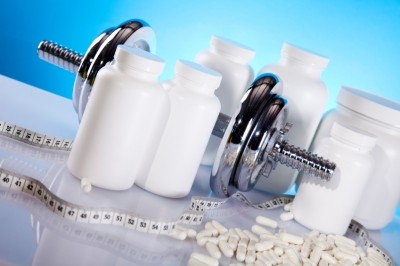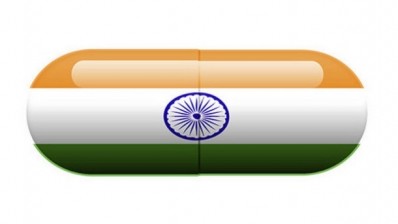'Better education and tighter labelling laws' needed to stop sports doping in India

Athletic doping in India has become a prevalent issue, due to athletes taking over-the-counter supplements and medications without sufficient knowledge about their ingredients or possible effects.
President of the All India Council of Sports Vijay Kumar Malhotra recently voiced concerns to Indian media regarding the rising number of cases involving athletes doping, and emphasised the need to solve this problem.
Malhotra has brought the issue to the attention of the Union Ministry of Human Resource Development and the National Council of Educational Research and Training (NCERT), with suggestions on how to better educate students on the matter.
He encouraged them to add a chapter on the negative effects of doping to textbooks for students of all levels, as well as to print and distribute booklets across all schools and colleges in the country, targeting athletes in particular.
Money back
Malhotra also suggested that measures be put in place to recover prize money given to athletes who have been doping.
He told the Press Trust of India (PTI): “The Sports Ministry should ensure adequate clauses for full recovery of prize money from the tainted sportspersons in proposed legislation to criminalise doping. The employers of sportspersons should also be approached with proper guidelines to take punitive action against such tainted sportspersons.”
Malhotra highlighted the lack of standardisation of medicines and health supplements being sold over the counter, as well as the dearth of “recognised standard stores available in India, where one can buy secure consumables which do not contain prohibited substances”.
He added: “I have also taken up the matter with the Food Safety and Standards Authority of India (FSSAI) to regulate the medicines and food supplements being sold in the market, frame standards for all allopathic, ayurvedic and sidha medicines and food or health supplements, and issue certification to such items which do not contain prohibited substances.”



















